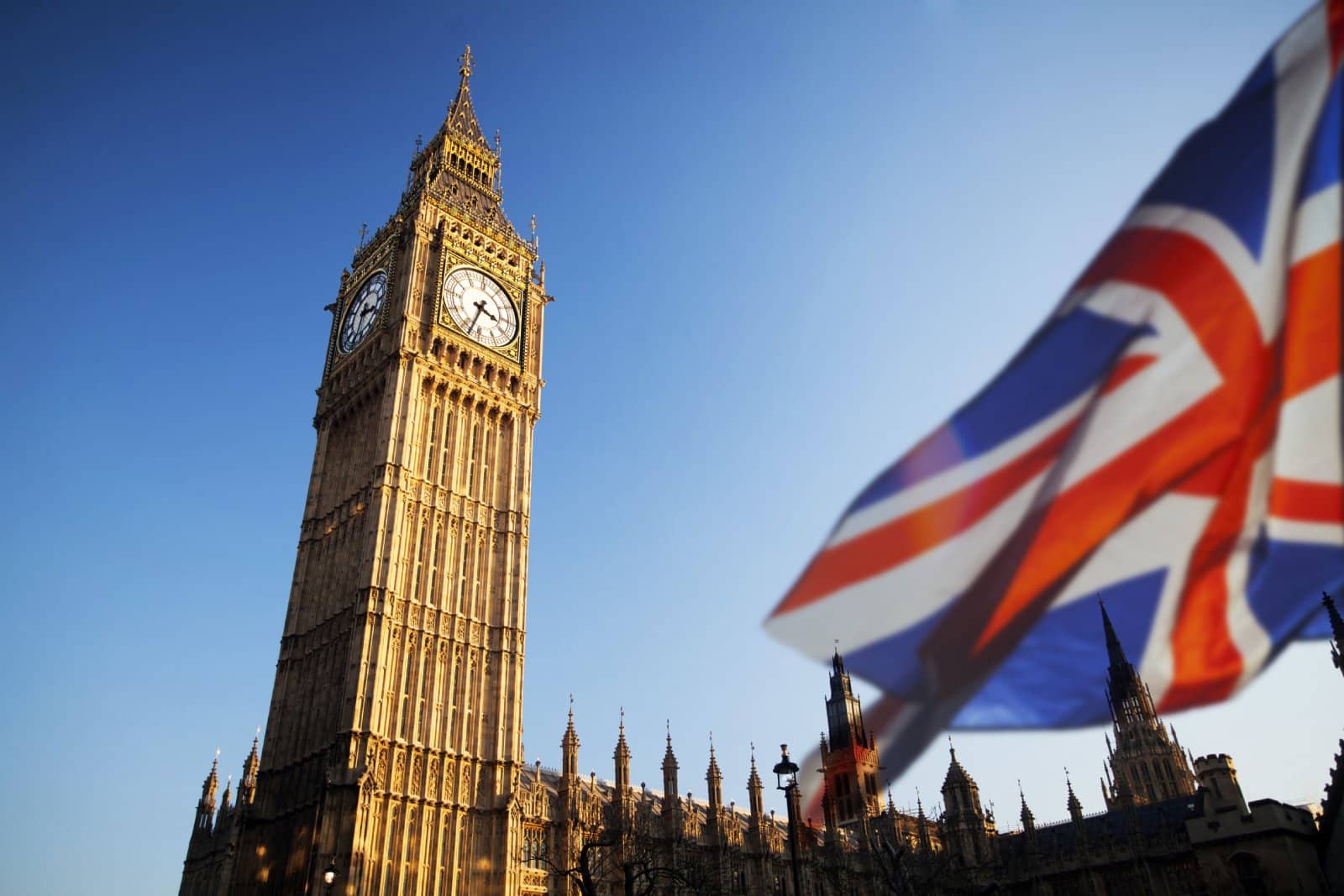A High Court ruling upholding the UK government’s emergency ban on puberty blockers for minors has sparked significant controversy. Here’s the full story.
Ban on Puberty Blockers Upheld

The High Court has ruled that the emergency ban on prescribing puberty blockers to minors is lawful. The ban, enacted by the then Conservative government in May, has sparked significant debate and controversy, particularly among advocacy groups and healthcare providers.
Emergency Legislation Enacted

The emergency legislation, implemented on May 29, 2023, by then-Health Secretary Victoria Atkins, temporarily prohibited the prescription of puberty blockers to children with gender dysphoria unless they were part of an approved clinical trial.
Cass Review Findings

This controversial decision followed the findings of the Cass Review, a comprehensive investigation into gender medicine commissioned by the National Health Service (NHS). The review highlighted substantial risks and narrow benefits associated with puberty blockers, leading to the government’s decision to impose the ban. However, these findings have been criticised and faced significant pushback from gender specialists and other scientific bodies.
Legal Challenge by Advocacy Groups

The advocacy group TransActual and an unnamed young individual immediately opposed the ban, challenging the decision in court. They argued that Victoria Atkins’s personal biases drove the emergency order rather than robust scientific evidence and that it lacked necessary consultation.
Court Dismisses Claims

However, Mrs Justice Beverley Lang dismissed these claims, stating, “It was rational for the first defendant to decide that it was essential to adopt the emergency procedure to avoid serious danger to the health of children and young people.”
Ban’s Impact on Minors

During the hearing, the court acknowledged the significant impact of the ban on over 1,000 minors who had been receiving puberty blockers. Many faced difficulties accessing UK-registered GPs and mental health services following the order’s implementation. Multiple studies have shown that transgender youth who received puberty blockers during adolescence have a lower risk of suicidal thoughts as adults than those who wanted the medication but could not access it.
Call for Improved Implementation

Justice Lang stated, “In my view, this is essentially an issue about achieving a successful implementation of the new scheme, not the lawfulness of the order. NHS England and the Department for Health and Social Care (DHSC) should consider how implementation can be improved as soon as possible, and in any event, before the next order is made.”
Permanent Ban Considered

Current Health Secretary Wes Streeting, who suggested he might make the ban permanent, stated, “Children’s healthcare must be evidence-led. Dr Cass’s review found there was insufficient evidence that puberty blockers are safe and effective for children with gender dysphoria and gender incongruence. We must, therefore act cautiously and with care when it comes to this vulnerable group of young people.”
Plan for Clinical Trials

He added, “I am working with NHS England to improve children’s gender identity services and to set up a clinical trial to establish the evidence on puberty blockers. I want trans people in our country to feel safe, accepted, and able to live with freedom and dignity.”
Cass Review Criticisms

The Cass Review, central to the court’s decision, concluded that the field of gender care for minors is marked by “remarkably weak evidence.” The review found no conclusive data on the long-term outcomes of puberty blockers, leading to recommendations for restricted use within clinical trials. This perspective was echoed by major medical bodies, including NHS England, the Royal College of GPs, and the General Pharmaceutical Council, lending further weight to the review’s conclusions.
Trans Community Concerns

However, the Cass Review has faced extensive criticism from trans community organisations, medical practitioners, and scholars in various fields for its poor evidence use, unfounded claims, unethical recommendations, bias, pathologisation, and exclusion of trans healthcare experts and service users.
Ethical Perspective

Speaking recently to Scientific American, Simona Giordano, a bioethicist at the University of Manchester in England, said of puberty blockers, “From an ethical and a legal perspective, this is a benign medication. There are no sound clinical, ethical or legal reasons for denying them to those in need.”
TransActual’s Disappointment

TransActual, one of the primary challengers of the ban, expressed deep disappointment with the court’s ruling. Chay Brown, healthcare director for TransActual, stated, “We are seriously concerned about the safety and welfare of young trans people in the UK. Over the last few years, they have come to view the UK medical establishment as paying lip service to their needs and all too happy to weaponise their very existence in pursuit of a now-discredited culture war.”
Broader Community Fears

Brown’s sentiments reflect broader concerns within the transgender community about the accessibility and quality of medical care in the UK. Many fear that the ban could exacerbate existing barriers to treatment, leaving vulnerable young people without essential support during critical stages of their development.
Significance of Ruling

The High Court’s ruling marks a significant moment in the ongoing debate over the use of puberty blockers in treating gender dysphoria among minors. While the court’s decision upholds the government’s cautious approach, underscoring the need for more comprehensive scientific research in the future, it has also been criticised by transgender advocacy groups and healthcare professionals.
Future Implications

It remains to be seen whether this recent court ruling will further convince Health Secretary Wes Streeting of the need for a ban or if the ongoing criticism will force a stay of execution on a potentially life-saving medication.
Russia Retreats as Western Allies Greenlight Ukraine’s Offensive

Recent Russian territorial gains in Ukraine could be reversed following a dramatic policy change from the US and Germany. The announcement could see a substantial tactical shift from both sides in the coming months. Russia Retreats as Western Allies Greenlight Ukraine’s Offensive
21 Lies You’ve Been Told About the British Royal Family

Ever thought you had the British Royal Family all figured out? Think again! From their powers and privileges to their personal lives, there are plenty of misconceptions floating around. Let’s dive into the myths and uncover the truths that might just surprise you. 21 Lies You’ve Been Told About the British Royal Family
18 Nations Tired of British Tourists

British tourists are known for their high spirits and adventurous nature, but not all countries appreciate their presence. Here’s a candid look at 18 countries where British tourists might not be as welcome as they think. 18 Nations Tired of British Tourists
Featured Image Credit: Shutterstock / Loredana Sangiuliano.

